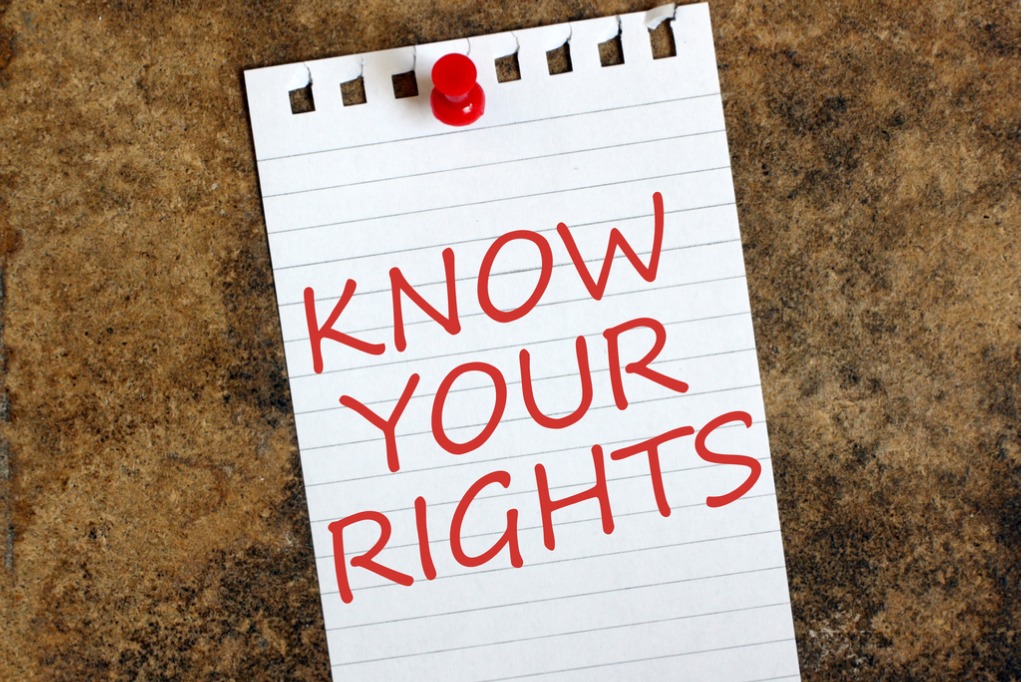Know Your Rights When Dealing With ICBC Statements
Most people know what a statement is, but do you know when you’re giving one? A statement can be anything you say or write. When dealing with ICBC, there are different ways statements can be given:
- A signed statement;
- A “formal” telephone statement; or
- An “informal” telephone statement.
So, what is the difference, and why is it important to know?
- A signed statement may be a document which is written up based on the information provided to ICBC at an in-person meeting. At the bottom of the statement you would sign off on the information being accurate. This is the most formal way ICBC collects statements. You are not obligated to sign statements in situations like this, and it is almost always a mistake to sign a statement, as anything you sign can later be used against you in court.
- “Formal” telephone statements are statements given to ICBC over the phone. ICBC adjusters will commonly type up the statement during the telephone conversation, and then read it back to you, asking you to verify that the statement is correct. It is important to note that it can be difficult to detect errors when giving a “formal” telephone statement. Also, these types of interviews are done by highly trained adjusters who often have an agenda you may not be aware of at the time of the interview.
- The “informal” telephone statements occur every time you have a conversation with ICBC. That’s right. ICBC records all the conversations and takes notes, which are then collected into their computer system and attached to each claim. Most people do not even realize “informal” statements are being taken. “Informal” statements are used by adjusters when they are assessing claims. Once given, even informal statements can be used against an unwary person who is not aware of the intention behind the questions being asked of them.
Be Aware
When it comes to statements, you are not required to provide ICBC with a signed statement, but are you required to report the incident promptly. If you are making a claim with ICBC under section 97 (1)(b) of the Insurance (Vehicle) Act, you are required to inform ICBC of the incident no later than 30 days after the collision occurred. Although section 97 (1)(a) of the Act does require you to report the incident promptly, you should be cautious when giving information about the time, speed, and injuries. Do not discount your injuries because you never know how your injuries can evolve.
Without legal knowledge, it is difficult to provide an accurate statement that protects your rights. It is advisable that you know what the adjuster recorded when you spoke with them about your situation. What ICBC recorded may not be what you intended or meant to say. If you do not see what was recorded, the information can be used by the adjuster to determine who was at fault for the collision you were in.
Once an adjuster determines fault, it very difficult to have those decisions altered. One reason for this is each vehicle involved in a collision has an adjuster assigned to it. This makes it necessary for each adjuster involved to agree to a change about fault. Getting different adjusters to agree who are often located in different parts of the province and who do not know each other, can be a real challenge.
One recommended practice is to make a Freedom of Information Act request for your file. Access to information using this route places the decision to release information out of the hands of ICBC and into the hands of an independent body. This can be an effective way to see what the adjusters have written about your claim.
Know Your Rights
At Lambert Law, we recommend seeking legal advice before speaking with ICBC, so we can help guide you and protect you rights when you are involved in a motor vehicle collision. If you would like to learn more about your rights, we would be pleased to meet with you and answer your questions. Contact us for a free, no obligation consultation.
Note to Reader:
This blog post is made available by the lawyer or law firm publisher for educational purposes only to provide general information and understanding of the law, not to provide specific legal advice. By using this blog, you understand that there is no client lawyer relationship between you and the blog publisher. The blog should not be used as a substitute for competent legal advice from a licensed lawyer.

